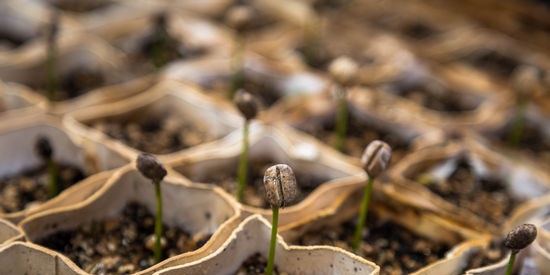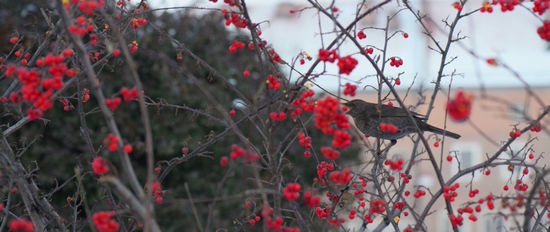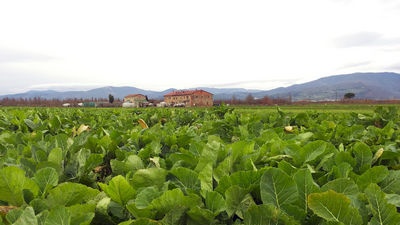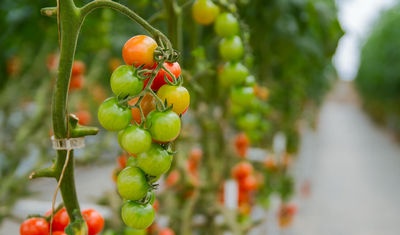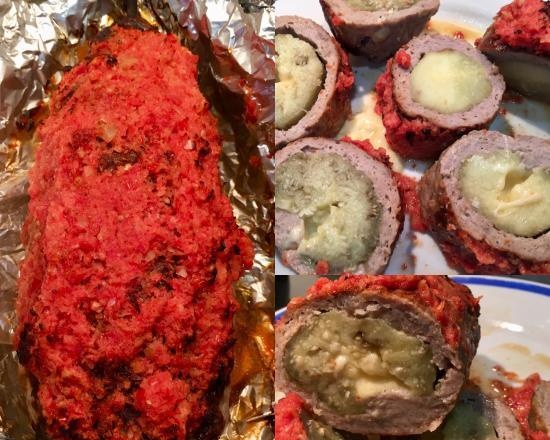Seeds and microorganisms |
|
It is well known that seedlings of corn, cucumbers, peppers, cotton and other plants grow very poorly at + 10 ° C, and many of them die. Previously, it was believed that the death of these plants is due to the fact that they are negatively affected by low temperatures. It turned out that the death of seedlings is associated not with the direct influence of temperature, but with the fact that at low temperatures fungi (fusarium, pythium, etc.) develop in the soil, which secrete substances that have a detrimental effect on seedlings. If such soil is warmed up and fungi are killed, the plants will not die. But this method, of course, is not applicable in practice. Therefore, they began to look for other methods of dealing with pathogenic fungi. It was possible to find microorganisms that, by secreting antibiotics, suppress the development of pathogenic fungi.
Nowadays there are a lot of fungi and bacteria that help plants. In the fruits and seeds of some plants, microorganisms constantly live, which the plant needs and cannot develop without it. If, for example, you heat the fruits of ardisia for three days at a temperature of 40 ° and then plant them in flower pots, then weak plants are formed, the leaves of which often fall off. Large, good plants grow from unheated seeds. It turned out that with such a temperature effect, bacteria in the fruit die. In this regard, seedlings are not provided with vital substances and greatly lag behind in growth. An interesting cohabitation is established between orchids, which produce the most beautiful flowers, and mushrooms. As you know, orchids have the smallest seeds ever known. Such seeds are unable to develop into viable seedlings due to the nutrients deposited in the seeds. They give normal seedlings only when added to the nutrient substrate, where seeds germinate, mineral salts, sugars and vitamins. Without vitamins, germinating seeds die. When germinating under natural conditions, orchid seeds are provided with vitamins due to the fungus rhizoctonia in their tissues. The fungus itself feeds on substances secreted by seedlings, and therefore cannot grow outside the host plant. Many fungi and bacteria secrete growth stimulants, vitamins into the soil; amino acids, organic acids and other compounds that are easily absorbed by germinating seeds and plant root systems. Some of these substances stimulate seed germination and accelerate plant growth. The above examples show that by acting on seeds by physical and chemical factors, a person can disturb the dormancy of seeds and accelerate their germination. K. E. Ovcharov |
| Beetroot | Weed grass: hidden opportunities |
|---|
New recipes
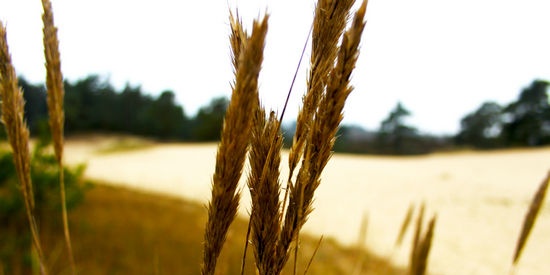 Once in the soil, seeds are found in it with substances that stimulate and inhibit their germination. These substances are formed as a result of the decomposition of plants and animals, and are also products of the vital activity of microorganisms and plants. In the soil, seeds are found with numerous bacteria and fungi, some of which secrete useful substances (vitamins, growth stimulants, etc.), and others - compounds that have a detrimental effect on seed embryos and seedlings.
Once in the soil, seeds are found in it with substances that stimulate and inhibit their germination. These substances are formed as a result of the decomposition of plants and animals, and are also products of the vital activity of microorganisms and plants. In the soil, seeds are found with numerous bacteria and fungi, some of which secrete useful substances (vitamins, growth stimulants, etc.), and others - compounds that have a detrimental effect on seed embryos and seedlings.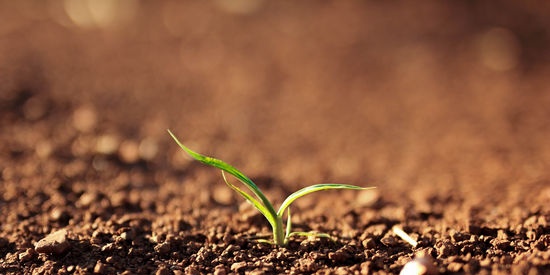 Is it not possible to introduce antibiotics or other substances that have a detrimental effect on these fungi with seeds or directly into the soil? Laboratory research and field experiments have confirmed this possibility. It turned out that if the seeds of cucumbers, pepper and cotton are powdered with an antifungal drug, such as thiuram (TMTD), then the seedlings of these plants are not damaged by pathogenic fungi.
Is it not possible to introduce antibiotics or other substances that have a detrimental effect on these fungi with seeds or directly into the soil? Laboratory research and field experiments have confirmed this possibility. It turned out that if the seeds of cucumbers, pepper and cotton are powdered with an antifungal drug, such as thiuram (TMTD), then the seedlings of these plants are not damaged by pathogenic fungi.